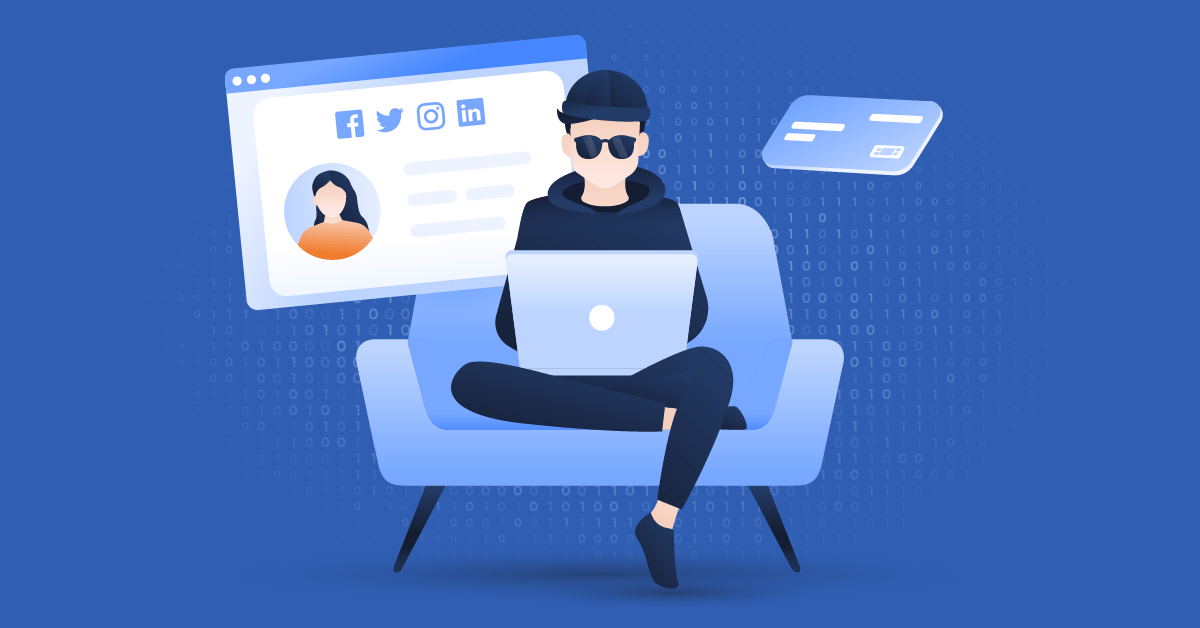In an era where connectivity is omnipresent, my approach to online security is paramount. I am keenly aware of the risks involved in both home and mobile browsing activities, and I adopt various strategies to safeguard my personal information. Below, I will detail my methods to enhance security measures while I navigate the internet effortlessly, whether from the comfort of my home or on the go.

Understanding the Risks
First, it is essential to recognize the threats we face while browsing online. Malicious software, phishing attacks, and unsecured Wi-Fi connections are just a few of the dangers prevalent on the internet. I take these potential threats seriously, and my security practices reflect this awareness.
Attacks can compromise personal data, financial information, and even entire online accounts. Thus, safeguarding my digital footprint has become an integral part of my daily routine.
✅ Current deal: 🔥 Get NordVPN with up to 75% OFF! 🔥
Secure Browsing Practices at Home
At home, I prioritize maintaining an up-to-date system and utilizing various tools to bolster my online security.
Regular Software Updates
I ensure that my operating system, applications, and internet browsers are always up to date. Many updates include security patches that protect against known vulnerabilities. I set my devices to update automatically whenever possible to eliminate the risk of forgetting a crucial update.
Use Strong Passwords
Utilizing strong, unique passwords for all my online accounts is non-negotiable. I use a combination of upper and lowercase letters, numbers, and special characters. The process can be tedious, but I employ a password manager to store and generate secure passwords easily. This tool simplifies my experience by allowing me to create complex passwords without the worry of remembering them all.
Enable Two-Factor Authentication
To further secure my accounts, I enable two-factor authentication (2FA) wherever possible. This additional step involves verifying my identity through a secondary method, such as a text message or authentication app, before accessing my accounts. Implementing 2FA has added a robust layer of security to my online presence.
Secure Wi-Fi Networks
I secure my home Wi-Fi network by changing the default password provided by my internet service provider. Using a strong password on my network prevents unauthorized access. Additionally, I ensure that my Wi-Fi is encrypted using WPA3 whenever possible, providing a greater level of security against potential intrusions.
Use a Virtual Private Network (VPN)
Lastly, I utilize a reputable VPN service when browsing at home. A VPN encrypts my internet traffic and masks my IP address, making it difficult for prying eyes to track my online activities. Choosing a trustworthy VPN is crucial; I invest time researching options and selecting one that respects user privacy and has a solid performance track record.
✅ Current deal: 🔥 Get NordVPN with up to 75% OFF! 🔥
Security on the Go
When I’m away from home, maintaining my online security requires additional vigilance because mobile environments pose unique threats.
Avoid Public Wi-Fi
One of my primary rules is to avoid public Wi-Fi whenever possible. Open networks found in cafes, airports, and hotels are often unsecured and can expose my data to hackers. If I must connect, I always opt for a VPN, as this encrypts my connection and protects my information.
Disable Automatic Connections
I configure my smartphone and other devices not to automatically connect to available Wi-Fi networks. This setting minimizes the risk of connecting to harmful networks that could compromise my security. I always verify the network details and ensure I connect only to trusted networks.
Keep Personal Information Minimal
I am conscious of the personal information I share online, especially on social media platforms. This awareness extends to browsing habits on mobile devices, where I refrain from logging into sensitive accounts when using public networks. During my travels, I check my privacy settings and limit the data shared on apps.
Update Security Software
To fortify my mobile security, I install reputable antivirus software on my devices. This software scans for potential threats and protects against malware or suspicious activities. I also ensure that this software remains up to date to adapt to the evolving nature of cybersecurity threats.
Use Secure Browsers
When browsing on my mobile devices, I prefer secure browsers that offer enhanced security features, such as automatic ad-blocking and tracking protection. Many browsers now provide these options, and I take the time to select one that aligns with my security needs.
Tips for Enhanced Browsing Security
To summarize my strategy for maintaining secure browsing practices, here’s a list of essential tips:
- Keep software updated: Regularly update your operating system and applications.
- Utilize strong passwords: Leverage a password manager to create and store complex passwords.
- Enable two-factor authentication: Use 2FA for accounts whenever applicable.
- Secure your Wi-Fi: Change default passwords and use WPA3 encryption.
- Utilize a VPN: Always connect to a VPN, especially on public networks.
- Limit personal information shared: Refrain from logging into accounts on public networks and reduce data shared on social platforms.
Conclusion
Maintaining secure browsing practices at home and on the go is vital for protecting personal information and reducing the risk of cyberattacks. My commitment to security is a continuous journey that involves adopting new practices as threats evolve. Implementing the methods I discussed has given me peace of mind, knowing I am taking proactive steps to safeguard my digital life.
By sharing these insights, I hope to encourage others to reflect on their own online security and consider adopting similar measures. Prioritizing personal security in the digital landscape is not just a choice; it’s a necessity for everyone navigating the internet today.
Affiliate Disclosure: By clicking on our links, we may earn commissions at no additional cost to you.